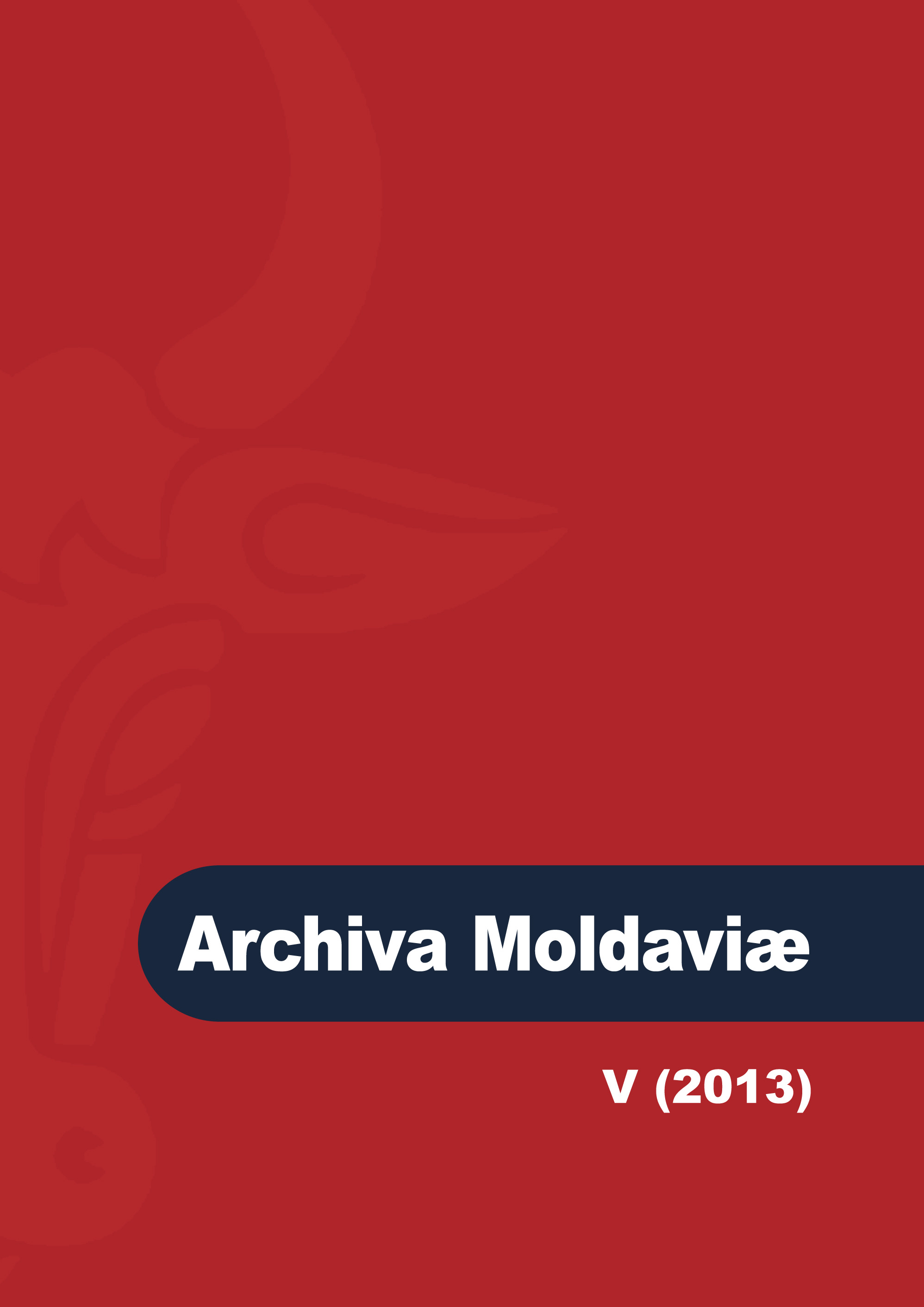Un aspect al modernizării societăţii româneşti în Moldova Regulamentului Organic. Documente privitoare la activitatea Comisiei epitropiceşti în ţinutul Bacău
An aspect of the modernization of the Romanian society in Moldavia during the Organic Regulation. Documents concerning the activity of the Tutorship Commission in the district of Bacău
Author(s): Mihai-Cristian Amăriuței, Ludmila Bacumenco-PîrnăuSubject(s): Local History / Microhistory, 19th Century
Published by: Societatea de Studii Istorice din România
Keywords: Tutorship Commission; Moldavia; Civil code; statistic documents; Bacău district.
Summary/Abstract: The Romanian medieval society has experienced a constant concern for the proper administration of the assets of minor orphans, as shown in the code known as Cartea românească de învăţătură (Romanian Book of Precepts), based on Byzantine law. In the process of modernization of the Romanian society, we see that there is a trend in order to law codification: rules on guardianship can be found in the Andronache Donici Textbook, the Calimach Code and the Organic Regulation. A new law in this area was approved on May 24th, 1840. In establishing the Tutorship Commission on permanent proceeding, the state authority intends to protect the wealth and interests of orphans, ,,who are entitled to find in the care of Government fair compensation for the loss of their parents”. We publish four documents drafted by the Bacău district authorities between August 30th, 1840, and November 5th, 1845, following the entry into force of the new legislation on the Tutorship Commission. The interested reader will find in these documents a different kind of information concerning the names of the orphansʼ families, their tutors, the date on which the guardianships have been established, the age of minors etc. From these lists we can understand better the ,,world” of the small towns of Moldavia in the mid-nineteenth century, its merchants, craftsmen and small landowners, whose children inherit inns, houses, shops or lands. Altogether, the documents are a useful source of information for researchers interested in the legal, social and economic aspects of Moldavian society of that period of time.
Journal: Archiva Moldaviae
- Issue Year: V/2013
- Issue No: 5
- Page Range: 343-363
- Page Count: 21
- Language: Romanian

